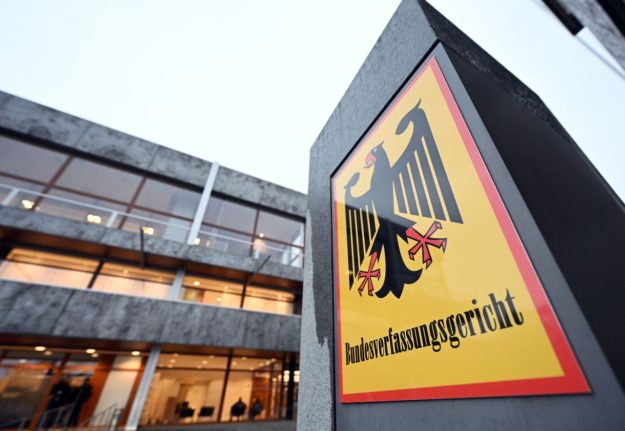“Traditionally men’s debt has dominated, but in 2010 we detected indications that women’s percentage share of unpaid SMS loans had increased. Last year women stood for 50 percent of the cases,” said Cecilia Fredholm at the authority.
Fredholm explained the situation in that consumer habits and society have changed.
“Not that long ago, white goods were the only things you could buy on credit, today you can buy clothes, food and petrol and pay after the fact,” she said.
The authority identifies the trend as particularly concerning as women often lack savings as a result of pay disparities and weaker social networks.
“Our conclusion is that women are more exposed when they experience problems with their private finances,” Fredholm said in a statement.
Fredholm is heading a project to target female debt and as part of this push, the authority has announced the launch of a new website.
The website contains collated information and concrete advice to enable women to get their financial house in order. Furthermore there are testimonies from other women who have experienced similar precarious financial straits.
The survey showed that are significant regional disparities with regards to SMS debt defaults, with women in Jämtland, Halland and Kronoberg counties particularly vulnerable to default.
The authority appealed other actors in Swedish society for more help in disseminating information to Sweden’s women.
“We need help to spread information and communicate knowledge,” Cecilia Fredholm said, underlining that knowledge is crucial to addressing the situation.



 Please whitelist us to continue reading.
Please whitelist us to continue reading.
Member comments